Nutrition Guide: Gut Nourishment for Seniors

As we grow older, our bodies actively undergo changes that impact our digestive well-being. Inadequate digestion may trigger various concerns, including constipation, bloating, and discomfort.
This is why it’s crucial to prioritize the gut nourishment for seniors. In this post, we will discuss the importance of senior digestive health and how nutrition plays a vital role in it.
We will take a closer look at probiotics and lecithin, both of which are essential players in senior nutrition.
We have also listed practical ways to incorporate probiotics and lecithin into daily routines along with recommended dosages for optimal benefits.
Lastly, we’ve shared tips on monitoring the effects of probiotics and lecithin and how they can improve the quality of life for seniors.
If you want to ensure consistency in your loved one’s nutritional routine or have any concerns about their digestive health, read on for some helpful insights!
Understanding the Importance of Senior Digestive Health
Ageing can bring about changes in digestion, making it essential to prioritize digestive health and the health of the GI tract.
Seniors may experience digestive issues, such as slower digestion and nutrient absorption, which can have a big role in their overall health.

A healthy gut microbiome plays a vital role in immune function and overall well-being for older adults. By maintaining good digestive health, seniors can prevent digestive disorders and improve their quality of life.
It’s important to understand the significance of senior digestive health and take steps to support it for a healthy and fulfilling lifestyle.
Age-Related Changes in Digestion
As we age, our digestive system undergoes certain changes that can impact overall digestive health. One of the common age-related changes is slower digestion, which can lead to discomfort and bloating.
Additionally, older adults may experience reduced stomach acid production, making it harder for their bodies to effectively absorb nutrients from food.
Another factor to consider is the composition of gut bacteria, as it can change with age and affect digestion.
Seniors may also experience issues such as constipation or diarrhoea due to slower bowel movements.
These changes in the gastrointestinal tract can make it less efficient at absorbing essential nutrients, potentially leading to malnutrition in older adults.
The Role of Gut Nourishment for Senior Health
Proper nutrition plays a crucial role in maintaining digestive health in seniors. Eating a balanced diet rich in whole grains, fruits, and vegetables, such as sweet potatoes, promotes good digestive health and can help prevent digestive issues, such as constipation and heart disease, in older adults.
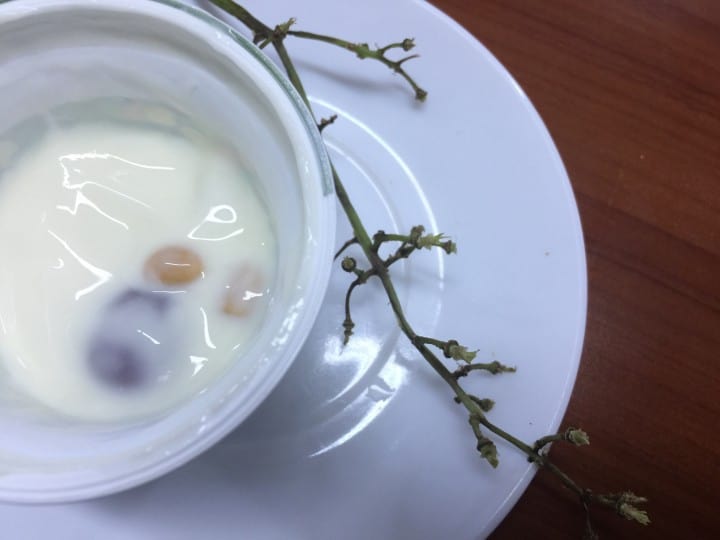
Consuming probiotic foods, like yoghurt, can support a healthy gut microbiome. Lecithin, found in foods like eggs and soybeans, can also support digestive health in seniors.
By prioritizing healthy eating habits and incorporating the right foods into their diets, seniors can improve their digestive health and overall well-being.
Making these healthy lifestyle habits a priority can go a long way in promoting a healthy tummy and preventing gastrointestinal issues.
What Nutrients Do Elderly Need?
Ensuring seniors receive an adequate supply of these nutrients is paramount for their overall health and well-being. Here are some of the crucial nutrients for seniors:
- Protein: Insufficient protein intake in the elderly can result in muscle loss and osteoporosis.
- Calcium: Essential for maintaining strong bones and overall bone health.
- Vitamin D: Vital for calcium absorption and maintaining bone density.
- Iron: Important for preventing anaemia and maintaining energy levels.
- Vitamin A: Supports vision, immune function, and skin health.
- Vitamin B12/Cobalamin: Crucial for nerve function and producing red blood cells.
- Folic Acid: Essential for DNA synthesis and cell growth.
What Foods Are Good for Elderly Digestion?
As people age, their digestive system becomes less efficient, making it necessary to modify their diet to promote better digestion.
Foods that are high in fibre, such as whole grains, fruits, and vegetables, can help regulate bowel movements and prevent constipation.
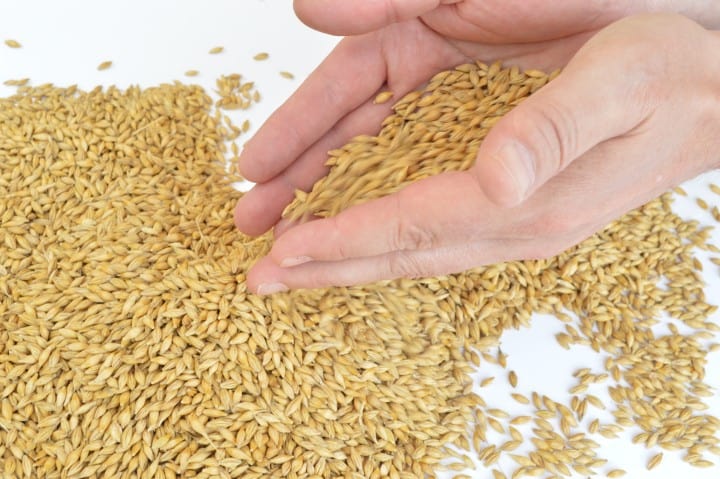
Yoghurt and other probiotic-rich foods can improve gut health by introducing good bacteria into the digestive system.
Additionally, lean proteins like fish and chicken, along with healthy fats like those found in avocados and nuts, can aid in maintaining muscle mass and promoting overall digestive health.
It is also important for older adults to stay hydrated by drinking plenty of water and avoiding sugary drinks or alcohol.
What Vegetables Are Good for Your Gut?
Boosting gut health is as simple as incorporating antioxidant-rich vegetables into your diet. Leafy greens like spinach, Swiss chard, and kale are excellent examples of these gut-friendly powerhouses.
Probiotics and Lecithin: Key Players in Gut Nourishment for Senior
Probiotics and lecithin play a crucial role in senior nutrition by supporting digestive health. Probiotics, which are beneficial bacteria, aid in maintaining a healthy stomach microbiome and digestion in older adults.

Lecithin, a fatty substance, also contributes to gut health and overall digestive function. Including probiotics and lecithin in the diet can enhance nutrient absorption and promote digestive well-being in seniors.
These nutritional components are essential for maintaining healthy digestion and overall digestive health in older adults.
By incorporating probiotics and lecithin into their daily routines, seniors can take a proactive step towards nourishing their gut and improving their overall well-being.
What are Probiotics?
Probiotics are beneficial bacteria that support the digestive health of older adults. They help maintain a balanced gut microbiome, which is crucial for digestion.
Probiotics, along with prebiotics, can be found in foods like yoghurt, sauerkraut, and kimchi, making them great alternatives to red meat.
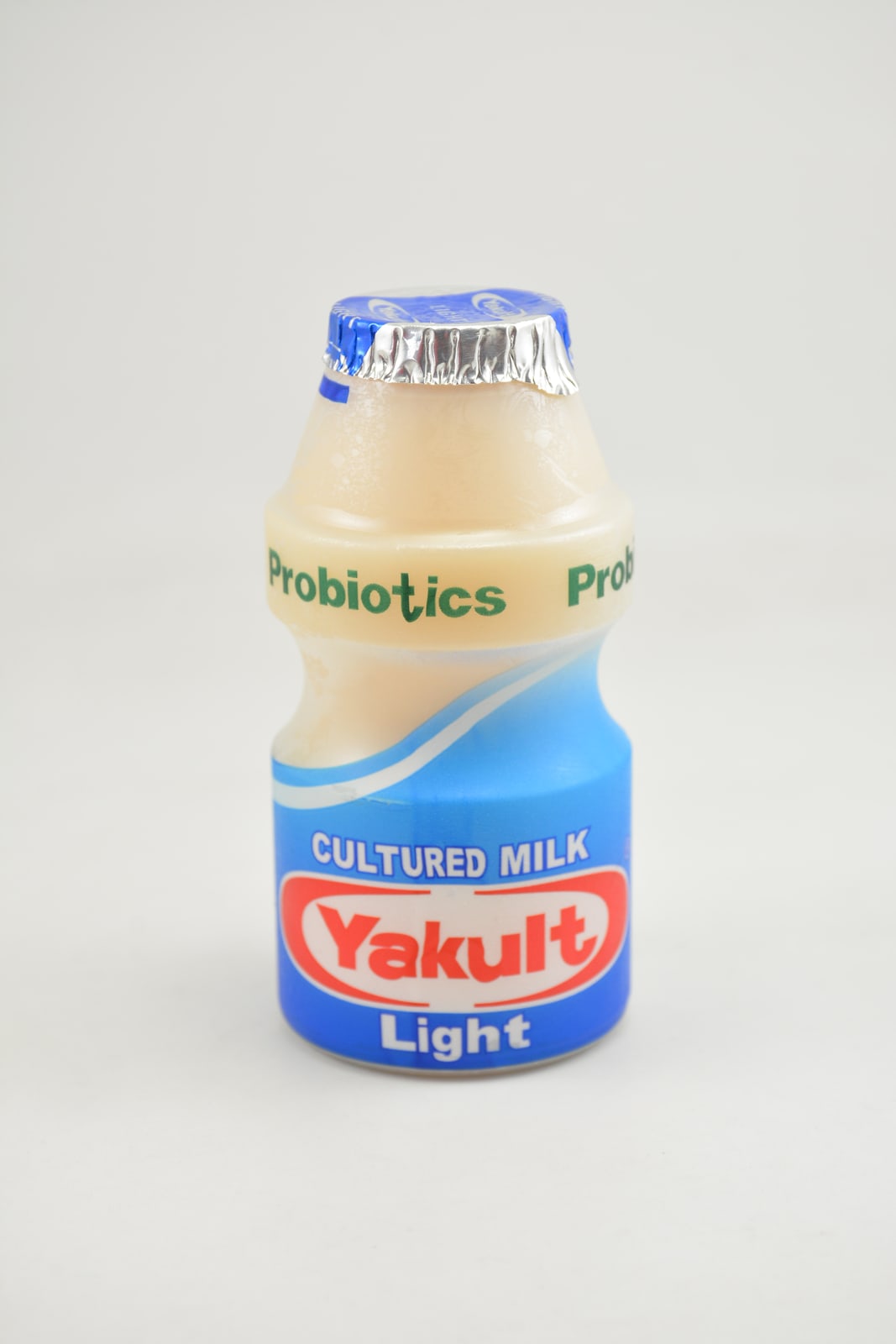
Including probiotic bacteria-rich foods in seniors’ diets can improve digestive function, reduce inflammation, and boost the immune system.
Benefits of Probiotics for Seniors
As we age, maintaining a healthy lifestyle becomes increasingly important. One aspect of a healthy lifestyle is proper nutrition, including gut nourishment for seniors.
Probiotics, which are beneficial bacteria, offer numerous benefits for seniors. Firstly, probiotics promote healthy bowel function, reducing the risk of constipation.
They can also improve immune function, helping to prevent infections. Additionally, probiotics may reduce digestive discomfort such as bloating or gas, improving overall gastrointestinal health.
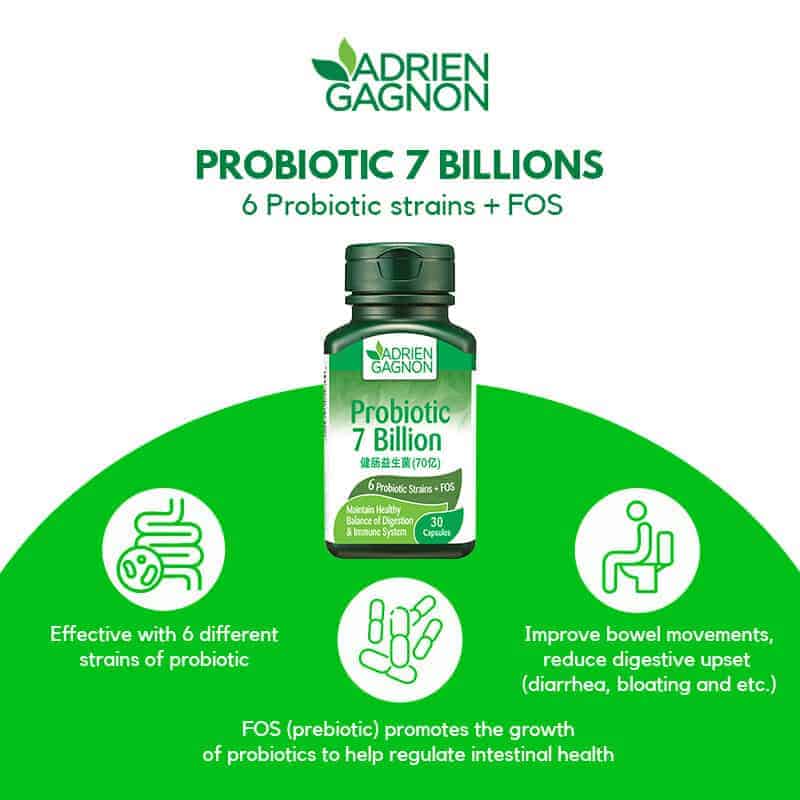
Moreover, probiotics have been shown to support mental and overall well-being in older adults. Finally, they may help prevent age-related digestive disorders like irritable bowel syndrome.
By incorporating probiotics and avoiding artificial sweeteners into their diet, seniors can enjoy improved gut and overall wellness.
What is Lecithin?
Lecithin, a fatty substance found in foods like eggs, soybeans, and sunflower seeds, plays a crucial role in digestive health for seniors.
It supports the breakdown and absorption of fats, helps maintain healthy cell membranes, and acts as an emulsifier for fat-soluble vitamins.
Including lecithin-rich foods in their diet can promote better digestive function in older adults.
How Lecithin Supports Digestive Health
Lecithin plays a crucial role in supporting digestive health, particularly in gut nourishment for seniors. One way it does this is by helping to emulsify fats, making them easier to digest and absorb.
Additionally, lecithin supports healthy bile function, which is essential for the digestion of fats. In older adults, lecithin can also help prevent fatty liver disease and promote liver health.
Furthermore, lecithin may improve the overall gut by reducing inflammation in the digestive tract. Including lecithin-rich foods in the diet is a great way to support healthy digestive function in seniors.
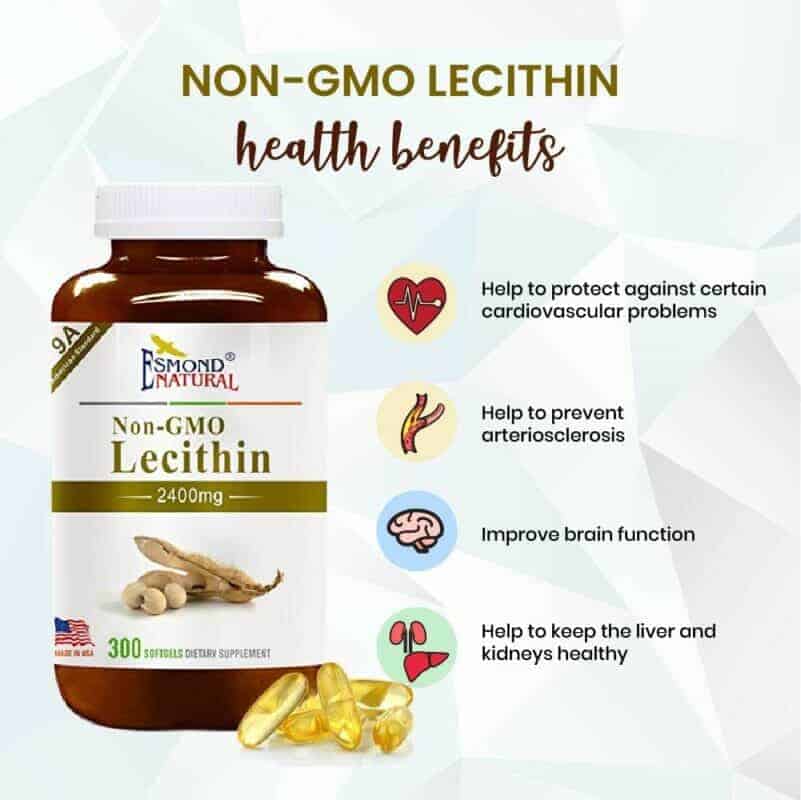
Practical Ways to Incorporate Probiotics and Lecithin into Daily Routines
Incorporating probiotics and lecithin into daily routines is essential for promoting gut nourishment for seniors.
One practical way to achieve this is by including probiotic-rich foods like yoghurt, kefir, or fermented vegetables as part of meals or snacks.
Additionally, adding lecithin-rich foods such as eggs, soybeans, or sunflower seeds to recipes or using them as toppings can provide the necessary nutrients.

Another option is to consider probiotic supplements, under the guidance of a healthcare professional, to ensure sufficient intake.
For convenience, choosing probiotic-enriched food products like probiotic-fortified yoghurt or drinks is recommended.
Finally, exploring probiotic and lecithin-containing recipes like smoothies, salads, or stir-fries can be an enjoyable way to increase consumption.
Dietary Sources of Probiotics and Lecithin
A healthy lifestyle for seniors includes incorporating the right foods into their diet to support the gut.
Probiotics, which are beneficial microbes, can be found in foods like yoghurt, kefir, sauerkraut, kimchi, and tempeh, as well as leafy greens.
These foods help promote the growth of good bacteria in the stomach, supporting digestion and overall tummy health.
Lecithin, on the other hand, is naturally present in eggs, soybeans, sunflower seeds, and organ meats, making them excellent food sources for promoting gut nourishment for seniors.
Including lecithin-rich foods in the diet, such as eggs, can provide additional benefits. So, exploring recipes that incorporate probiotic foods or lecithin-rich ingredients can provide even more benefits for the tummy.

Supplements vs. Natural Sources
When it comes to gut nourishment for seniors, choosing whole foods over supplements is highly recommended.
Natural sources of probiotics, like yoghurt and sauerkraut, are more beneficial than artificial supplements.

It’s important to get probiotics from foods rather than relying solely on pills. Similarly, lecithin from natural sources such as eggs and soybeans is better than synthetic supplements.
Opting for probiotic-rich foods like kefir and kimchi instead of depending solely on probiotic supplements can provide additional benefits for the gut.
Ensuring Adequate Dosage for Optimal Benefits
A proper dosage of probiotics and lecithin is crucial for the gut. To ensure the best results, it is important to follow the recommended probiotic dosage.
Consulting a healthcare professional can help determine the appropriate dosage for both probiotics and lecithin based on individual needs.
Taking probiotics in the right amounts is essential for maximizing their benefits. Similarly, lecithin dosage should be tailored to meet specific requirements.
By adhering to the prescribed dosage, seniors can optimize the nourishment provided by probiotics and lecithin, supporting the growth of beneficial gut bacteria and maintaining a healthy gut microbiota.
Achieving these optimal benefits necessitates careful consideration of dosage requirements.
How to Monitor the Effects of Probiotics and Lecithin?
To monitor the effects of probiotics and lecithin, pay attention to any changes in digestion and gut. Look for improvements like regular bowel movements and overall well-being.
Keep track of positive changes in gut function, mental clarity, and overall health to ensure optimal benefits.
Understanding the Signs of Improved Gut Health
When it comes to gut nourishment for seniors, it’s important to understand the signs of improvement.
A balanced gut microbiome can lead to reduced bloating and gas, indicating a healthier digestive system and a reduced risk of chronic disease.
Improved digestion, regular bowel movements, and reduced stomach pain are all positive signs of improved gut health, which can be achieved through proper nutrition and regular exercise.

Seniors may also experience increased energy levels, mental clarity, and an overall sense of well-being when their gut health improves.
Paying attention to changes in food tolerance, such as reduced food sensitivities, is another way to gauge improved gut health.
Additionally, the absence of digestive discomfort, like heartburn or acid reflux, can be a promising sign. Remember, always seek medical advice if you have any concerns about your gut health.
When to Seek Medical Advice?
If you experience persistent digestive issues despite consuming probiotics and lecithin, it’s advisable to consult a healthcare professional.

Seek medical advice if you notice any adverse reactions or if your gut health doesn’t improve or worsens with probiotic or lecithin use.
If there are concerns about consumption, guidance from a healthcare provider is recommended.
Can Probiotics and Lecithin Improve the Quality of Life for Seniors?
Probiotics and lecithin have the potential to enhance seniors’ quality of life by improving their gut health and overall well-being.
Consuming these nutrients may lead to increased energy, mental clarity, and better digestive function in seniors, ultimately contributing to their overall health and wellness.
How to Ensure Consistency in Your Loved One’s Nutritional Routine?
In conclusion, maintaining good gut health is crucial for gut nourishment for seniors to lead a healthy and active lifestyle.
Age-related changes in digestion can affect nutrient absorption, making it essential to focus on nutrition.
Probiotics are beneficial bacteria that can improve gut health and support digestion, while lecithin helps maintain healthy cell membranes in the gut.
Incorporating probiotics and lecithin into daily routines can be done through dietary sources or supplements, with recommended dosages for optimal benefits.
Monitoring the effects of probiotics and lecithin is important to assess improvements in gut health.
By ensuring consistency in your loved one’s nutritional routine, you can help improve their quality of life.
Remember, taking care of digestive health is a small step that can make a big difference in overall well-being.

Establishing a regular schedule and using reminders can help ensure consistency in your loved one’s nutritional routine.
Encourage them to incorporate probiotic and lecithin consumption into their daily routine, and create a system to track their intake. Provide reminders and support to maintain regular consumption.














